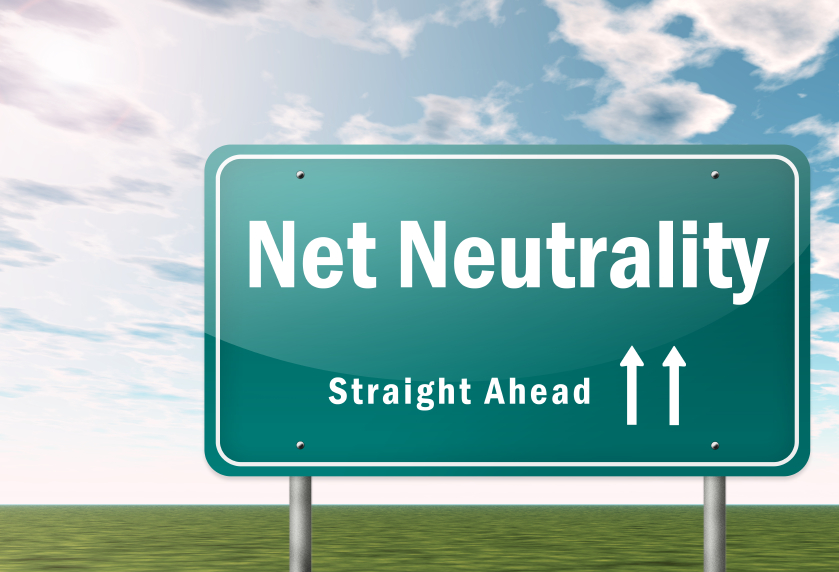No Rush to Judgment on Net Neutrality

The smarter way to stay on top of the multichannel video marketplace. Sign up below.
You are now subscribed
Your newsletter sign-up was successful
Surprisingly, the editorial board of The New York Times weighed earlier this month in with its proposed resolution of the Federal Communications Commission's Open Internet proceeding, which still has several weeks before the window for reply comments is closed. The initial comment round already has generated over 1 million responses, in part generated by a plea made on HBO's Last Week Tonight With John Oliver to email responses in — with the Commission's web address flashing prominently onscreen as the studio audience applauded loudly.
“President Obama: No Internet Fast Lanes,” published prominently on Aug. 14, reinforces comments made last month by Assistant Secretary of Commerce Lawrence E. Strickling, administrator of the National Telecommunications and Information Administration (NTIA), the agency that is principally responsible by law for advising the president on telecommunications and information-policy issues.
Speaking in mid-July at the Internet Governance Forum USA conference in Washington, Strickling indicated that “the president has made very clear where he expects this debate to end up. He supports net neutrality and an open Internet as does [Commerce] Secretary [Penny] Pritzker. ”
But Strickling also noted that the “NTIA, working with other agencies in the U.S. government, is conducting analyses and engaging stakeholders and we will be carefully reviewing the comments filed in the FCC proceeding as part of the process to advise the president on this important issue.”
Despite this extensive work that still is being undertaken, the editorial confidently advances its "better option" — namely, that the FCC "can reclassify broadband Internet service as a telecommunications service, which would allow regulators to prohibit phone and cable companies like Verizon and Comcast from engaging in unjust or unreasonable content.” According to the Times, the FCC “wrongly classified broadband as an information service” rather than as a traditional common carrier service under Title II of the Telecommunications Act of 1996. This may leave the impression that President Obama already has reached the same conclusion, which does not seem to be the case at all.
In his Internet Governance Forum remarks, Strickling said: “[W]e know there is a debate about the legal authority of the FCC to regulate in this space, whether it be under Title I or Title II of the Telecommunications Act. From our perspective, we want to look at the entire end-to-end delivery of content to consumers and understand where, if anywhere, in that framework there might be issues for consumers. Is there a concern with the Title I service that is offered to consumers? Or should our concern be with the service that Internet-service providers offer to content providers, which perhaps will be more traditional telecom services already offered under Title II? These are the kinds of issues that we will be getting into and evaluating as we work our way through the comments.”
These issues suggest that despite the President’s ultimate conclusions already having been articulated — and now that Title II implementation has been endorsed enthusiastically by The New York Times — the considerable ongoing analyses by the Obama administration’s expert advisers and others still represents the sounder approach to policymaking in this complex area.
The smarter way to stay on top of the multichannel video marketplace. Sign up below.
Stuart N. Brotman teaches at Harvard Law School and serves as a nonresident senior fellow in the Center for Technology Innovation at The Brookings Institution.
